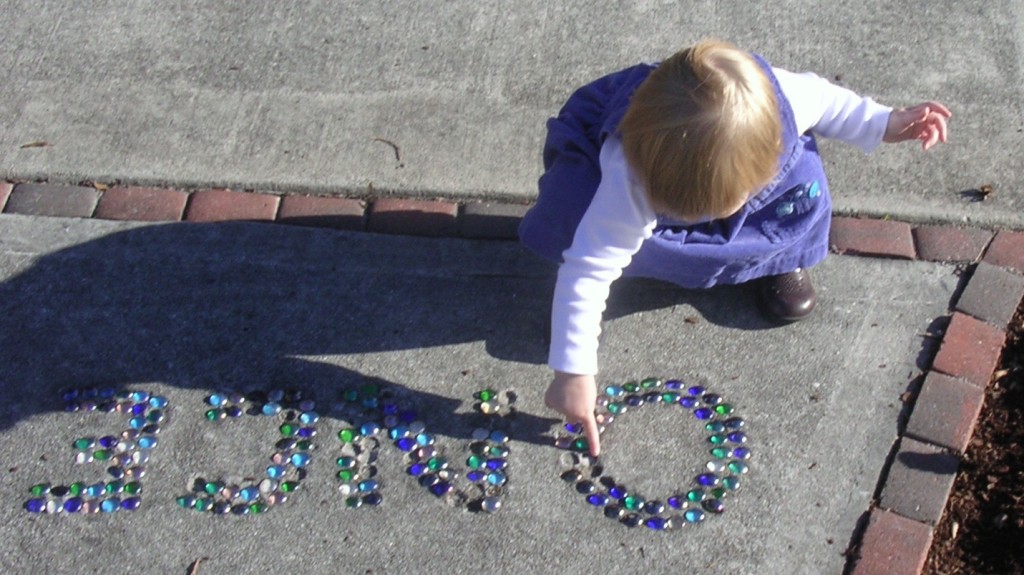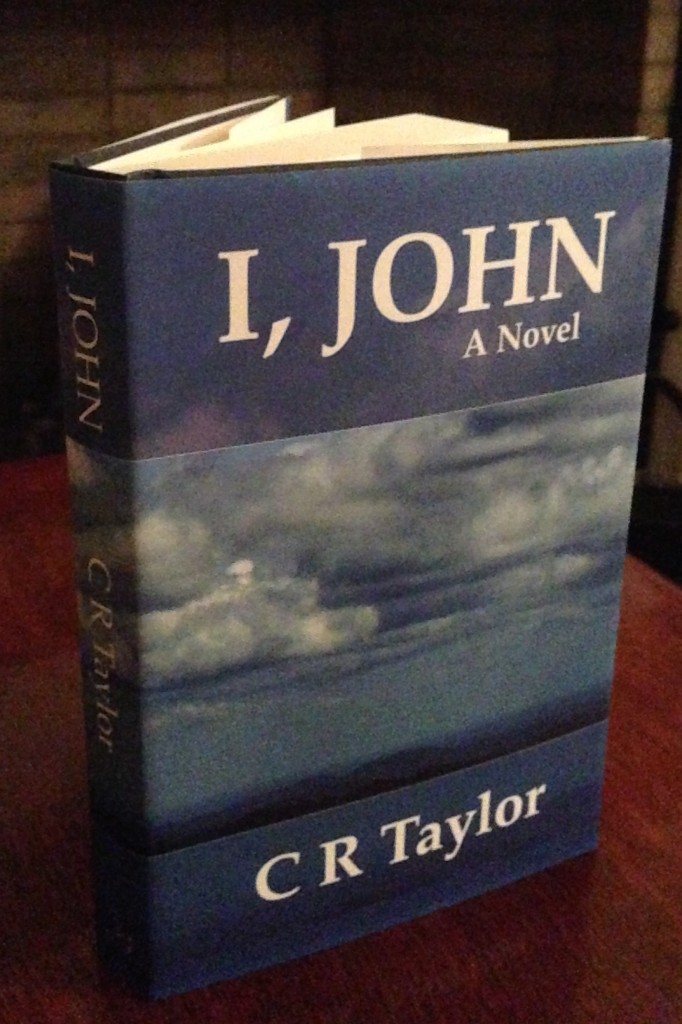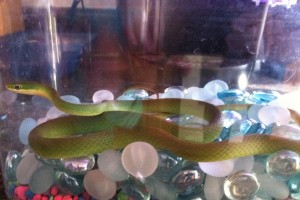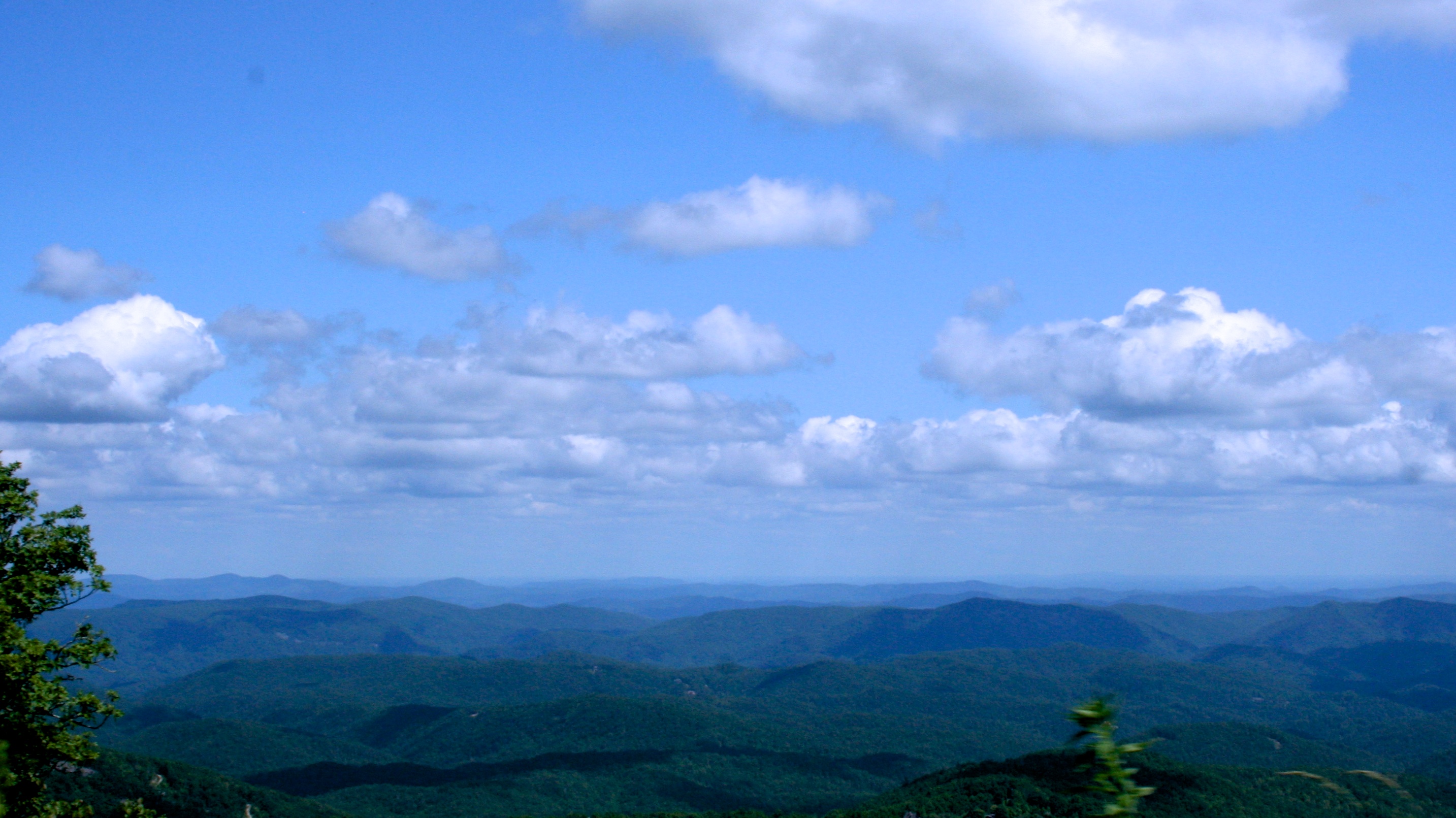Third Sunday After the Epiphany | Mark 1:14-20
Lectionary Project
What We Leave Behind
“Follow me,” he said. We don’t know how many people heard the invitation, if it was an invitation. We don’t know how many people said no, or said nothing at all, turning their heads, their backs, choosing the path they were already on as though continuing on that path were not itself a choice.
We know of some who said yes. Andrew and Simon Peter, James and John, these four and a few others. Of the ones who followed him, a dozen or so men and a few women had names that we know. Some remain unnamed, unknown in our own time.
For those who got up and followed Jesus, did they know what they were doing? Did they mean to make a lifetime commitment, to leave their professions and livelihoods to follow this man? That is the version we are often told. Could it be that they were only intending to walk along the beach with him for a while, to see what he had to say that day?
Looking ahead, what did they know of their future? Looking back, did they know what they left behind?
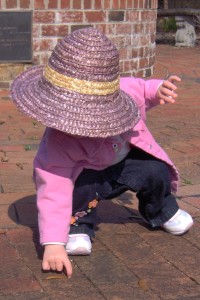 Following God. It’s hard to make sense of those words in this modern age. Bright people tell us that gods are mythic expressions of our own minds or of our collective unconscious, and ironically it seems that our highest social goal is the expression of self. Believing in an actual God is regarded by many as the purview of the dimwitted, the obsession of the unenlightened, those among us too backward to think through to the conclusion that God was made in our image and not the other way around.
Following God. It’s hard to make sense of those words in this modern age. Bright people tell us that gods are mythic expressions of our own minds or of our collective unconscious, and ironically it seems that our highest social goal is the expression of self. Believing in an actual God is regarded by many as the purview of the dimwitted, the obsession of the unenlightened, those among us too backward to think through to the conclusion that God was made in our image and not the other way around.
Yet some of us pray. In the midst of our doubts, we pray. In the midst of our uncertainty, we hope. In the fog of our unknowing, we follow, walking behind a God we cannot see.
They did not know, when they got up to follow this man Jesus, that they were making a good choice. They may not have thought of it as more than a lark, an afternoon diversion. Even if they had heard him talking to the crowds and seen the things he could do, there was plenty of room for doubt. Years later, after many more days and years of following than they had perhaps intended, they had seen so much, known the presence of God in their lives.
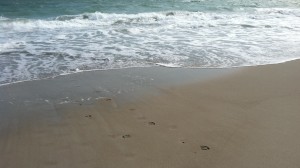 Even so, they must have had regrets, wondered whether they had made the right choices. If those earliest disciples had refused to follow Jesus that day, would they have known what they missed? Would they have known, saying no, what they were leaving behind?
Even so, they must have had regrets, wondered whether they had made the right choices. If those earliest disciples had refused to follow Jesus that day, would they have known what they missed? Would they have known, saying no, what they were leaving behind?
We do not know which of our choices are good ones, not usually, and almost never at the time that we make them. We do not even know which of our choices are important, which ones will change our lives. We may think that the choice of a job or a school or even a spouse is important, and it is, so far as it goes. We may think that talking to a stranger in an airport or giving a coffee to a street person or picking up a book to read are small things.
Sometimes the least of these will change our lives the most in the end, and we may never know what we have left behind.
The disciple John had many years to reflect on his choices. Here is an excerpt from my novel I,John – the passage is in the voice of John himself, looking back on his decision to get up and follow the man Jesus. I hope you enjoy it.
In the beginning was the word. That is how it began, just words and a man who walked down the shore and found us in our father’s boat. That’s the truth of it. He walked around talking to anyone who would listen, and he found us. Why we got up and followed him, I wonder.
Look where it got us. Look where it got him.
My father’s boat—we spent so much of our childhood in it. I can barely remember what he looked like, my father, but I do remember his beard, his hands. And I remember his eyes, looking at me when Jesus called us to follow him—my father was staring at me like he was gauging the strength of a net. He nodded, I thought, at least it seemed to me later that he had nodded, had offered us that small blessing with the quick understanding of a father. He could read water, read the sky, read the fish swimming, and he read my brother and I, though he was looking at me. My brother James was always like a fish jumping for a light, holding back just for me and for our father to decide. James was the oldest, but while he often walked ahead of me, he somehow always seemed to be following me.
So our father, Zebedee, looked at me and nodded, and James and I put down the nets and walked away with Jesus. It was never the same afterward. Maybe that is why I remembered that moment. Something in me knew that it was important, that it marked a change. There are moments in our lives that matter, not that there are moments without value. It is just that some moments are like a point when we are touched by God. We are brought into contact with something greater than ourselves, outside ourselves, that resonates with the spirit within us. We never returned, not really, not to stay. Our father’s boats were finally given to the servants, and sometimes I felt regret and doubt for leaving that life. We had not understood when we walked away with Jesus that we would never return. I don’t know whether my father knew it, but we did not.
Maybe that is why I agreed to look after Mary in the end. I was an irresponsible son who walked away from my father and our family business, and looking after her offered me a sense of redemption. Not that I had any choice. He had found the strength to speak while hanging on that cross. “Behold your mother!” What was I going to say? No, thank you, I have other obligations? Maybe that was the reason he said it, made that effort as he hung there to place Mary in my care and me in hers. It was a gift, something that would heal the sense of guilt inside me that he knew I carried, though I never spoke of it. Perhaps he had known how much I missed my father just from my voice, or from the way I sometimes spoke to James, or perhaps Jesus simply knew.
I loved her, of course. Who could not love Mary? If James and I were marred by what we saw that day, watching him suffer, watching him die, then she was more so.
And he was certainly dead.
I was left remembering all of it, at least I was left remembering those days. They were in my mind with the vividness of dreams, the ones that somehow seem more real than memory. Not that all of it was the same. Some moments stood out more than others, as with any memories, and not always the moments that I would have thought. One might think that the crucifixion was my most vivid memory, but it was not. Oh, I remembered that day, certainly, but it was not what haunted my dreams or crept into my waking thoughts. I remembered blind men, and Mary. I remembered Peter’s great bobbing head as he made his way through the crowds. I remembered the bread that Jesus gave us.
Most of all, I dreamed of that morning at the shore.
Smoke was rising from a small fire on the beach, and I saw him standing next to it. He was looking over the water toward us as we made our way to shore. I thought I knew him, even from that distance, but I couldn’t place him.
No one was talking. Peter’s boat was creaking, leaking slightly from having seen little use for the last three years. Maybe it was good that we had caught nothing. We probably would have torn the nets and sunk the boat with us in it. A fine bunch of fishermen we were. Perhaps we had forgotten how to fish, forgotten how to live like regular people, make a living.
Peter was mending a hole in the net. He dropped the netting shuttle, and I could hear him muttering and cursing as he felt around in the coils of rope for it. He had a curse for everything, all manner of language rearranged to suit the target. When his muttering died down, the only other sound was made by waves gurgling on the side of the hull.
“Friends, have you got any fish?”
I heard his voice over the water. Friends, he said. Something about the voice was like it was speaking inside me instead of from the beach, a crazy idea.
No, we told him. Nothing. No breakfast here. Go away.
“Throw the net on the right side of the boat, and you will catch some.”
All of us stared over the water at him, at the small fire, the smoke. That voice, I thought. We each turned and looked over the side of the boat. Nothing, no ripples, no flash from fish swimming in the morning light. We looked at our nets, piled in the bottom of the boat, wet and empty. Nobody spoke; we just started moving, pulling a net up, throwing it over the side.
The ropes pulled tight right away. We must have snagged something, I thought, and I leaned over the side to see into the water. Fish, schooling, a flashing churning shoal of fish, were filling the net, drawing it down. The others started pulling on the net ropes, straining against the weight. I was holding a mast tie, leaning out the other side of the boat for a counterweight, and I looked back to see him on the beach. He stood perfectly still, watching us, and I thought he smiled. That was when I knew him.
“It is the Lord,” I said, leaning out over the water. The boat lurched as Peter grabbed his tunic and jumped into the water, swimming for the shore. The rest of us struggled to get the net into the boat, fish piled gasping at our feet. As we made for shore I again held a mast tie and leaned out over the water, this time at the bow to listen and watch. It seemed to me that their voices murmured across the water, Peter and Jesus, but I could never tell what they said over the sounds of the oars and of the others talking in the boat before letting their words die as they also looked to the shore and to the one sitting with Peter on the beach.
There was a bump and the sound of sand dragging against the hull, and we were ashore. We left the boat and the fish, not bothering to cover them with our net or to wet them as was our wont. We stepped onto the sandy beach still unbelieving but wanting to believe, waiting for our vision to clear or the moment to resolve itself into something other than what we perceived.
Jesus was sitting by a fire, his arms around his knees as though simply sitting there was natural, was what he always did. He is dead, I thought to myself. I watched him die, slowly, crucified. Most of the others had run, not that I blamed them. I stayed. The women were there and somehow I could not leave them, could not leave him.
“Mother, behold your son,” he had said. I thought he meant himself. “Son, behold your mother,” he had added, and I knew he meant me, though at first I thought he meant to call me his son rather than Mary’s. Later I was not so sure he did not.
In years to come it was the sea that I thought of, blue green at the surface that day, black in the depths and shoaling with silver fish unseen from above.
I, John is available now from booksellers everywhere!


